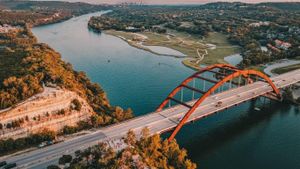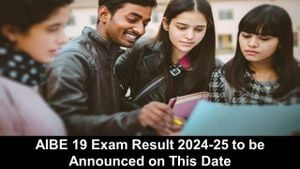The Supreme Court on February 24, 2024, declined to entertain a petition challenging the fee of ₹3,500 for the All India Bar Examination (AIBE), emphasizing the necessity of the Bar Council of India (BCI) to maintain its operations.
The Bench, consisting of Justices J.B. Pardiwala and R. Mahadevan, heard arguments from Sanyam Gandhi, the petitioner, who asserted the fee violates Articles 14 and 19 of the Constitution, as well as contravening the Supreme Court's earlier ruling in Gaurav Kumar v. Union of India.
During the proceedings, Justice Pardiwala highlighted the practical financial realities underlying the BCI’s fee policy, stating, "You want the Bar Council to survive or not? We have already chopped off the upper and lower limbs. They also have staff to pay. Once you pay ₹3,500 you will start earning ₹3,50,000 also." His remarks point to the necessity of funding for the BCI to continue its functioning.
The discussion focused on the balance between the institution's sustainability and the enforcement of judicial mandates. The previous ruling cited by Gandhi stated enrolment fees charged by State bar councils and the BCI cannot exceed ₹750 for general advocates and ₹125 for SC/ST advocates as per the Advocates Act, 1961.
Justice Pardiwala also questioned why Gandhi did not first approach the High Court, emphasizing the procedural requirements before invoking Supreme Court jurisdiction. Gandhi insisted the issue directly affects the fundamental rights of aspiring legal practitioners and restricts their access to the legal profession.
Eventually, the court ruled for Gandhi to make a representation to the BCI concerning the ₹3,500 fee and other incidental charges. The judges indicated he could return to the Supreme Court should the BCI fail to respond within a reasonable timeframe or if the response was unsatisfactory.
The barrier represented by the AIBE fees is significant for many young advocates striving to enter the legal field. The court's orders drew attention to the broader discourse on the accessibility of the legal profession, with the Court emphasizing the need for representation and response from the BCI before engaging with the higher judiciary.
This ruling highlights the complex interplay between institutional needs and individual rights within the Indian legal system, reflecting the continuing challenge of making legal education and practice accessible to all aspirants.



